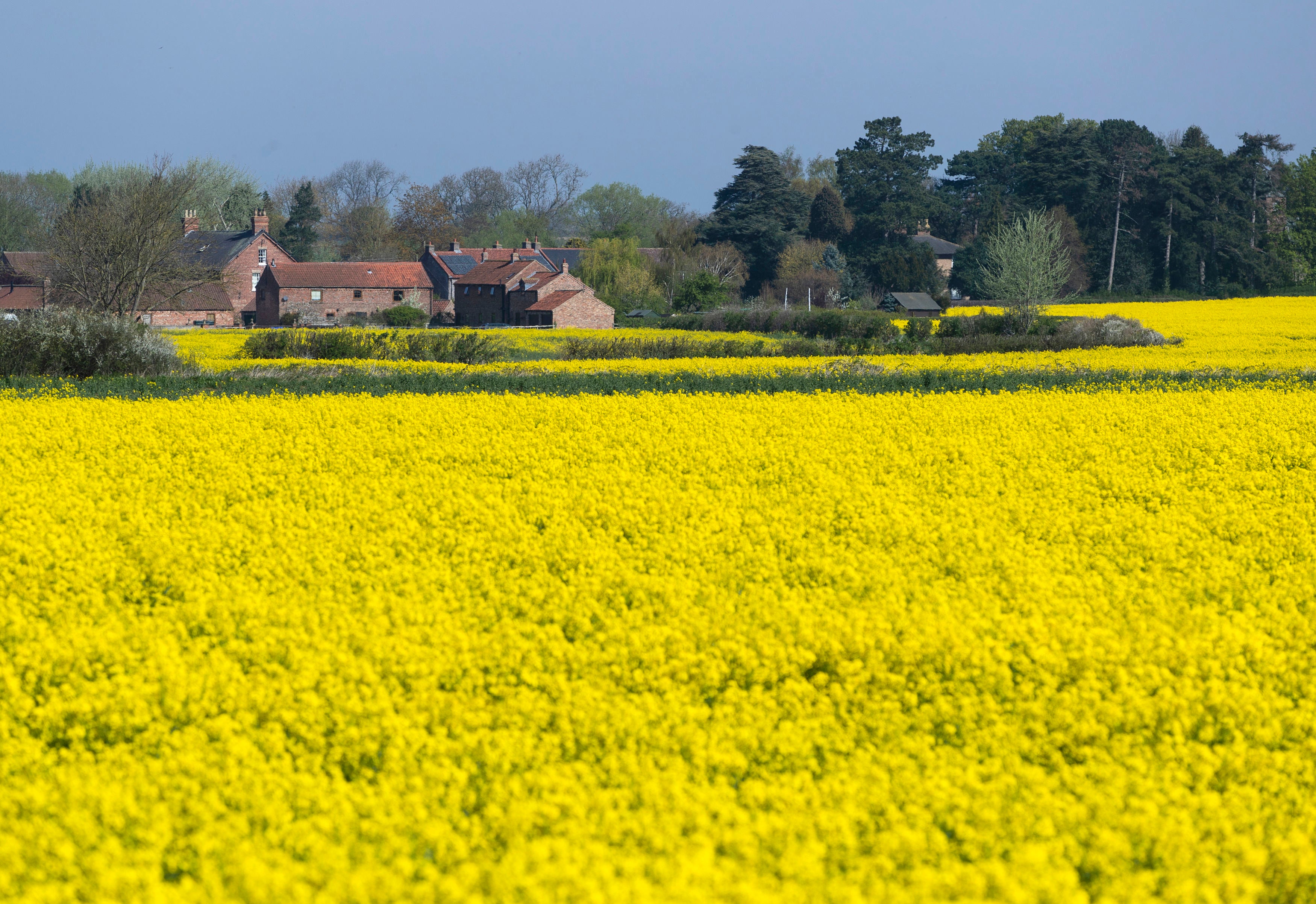Regional dialects ‘could be lost in 45 years’ as southern pronunciations spread north
Words like as “backend” - used to describe autumn in the north - will completely disappear within 20 years

Your support helps us to tell the story
From reproductive rights to climate change to Big Tech, The Independent is on the ground when the story is developing. Whether it's investigating the financials of Elon Musk's pro-Trump PAC or producing our latest documentary, 'The A Word', which shines a light on the American women fighting for reproductive rights, we know how important it is to parse out the facts from the messaging.
At such a critical moment in US history, we need reporters on the ground. Your donation allows us to keep sending journalists to speak to both sides of the story.
The Independent is trusted by Americans across the entire political spectrum. And unlike many other quality news outlets, we choose not to lock Americans out of our reporting and analysis with paywalls. We believe quality journalism should be available to everyone, paid for by those who can afford it.
Your support makes all the difference.In 45 years regional pronunciations of words could be wiped out and overtaken by the south eastern versions, according to a new study.
Traditionally northerners would pronounce “strut” to rhyme with “foot” and in parts of the North West and West Midlands “singer” to rhyme with “finger”.
But researchers from the universities of Portsmouth and Cambridge found that these differing pronunciations will soon merge into the south-eastern version.
However, they found that some words like “bath” are so strongly entrenched in their regional variants that they are likely to survive.
But others, such as “backend” - used to describe autumn in the north - will completely disappear within 20 years.
This follows the decline of words to describe snail, such as “dod-man”, “hodmedod”, “hoddy-dod”, “hoddy-doddy”, which faded from English language during the past century.
Dr James Burridge, from the University of Portsmouth, said that the changes had been driven by migration as well as other factors such as teaching in schools or television.
He explained: “We built a physics model, which accounted for people moving around their home location and sometimes going further afield - for instance for jobs or marriage - and we also accounted for how people learn language.
“We ran the model with correct population distributions and migration patterns in the 1900s and then rolled it forward to 2000.
“We then compared the model maps to the dialect maps and found that our modelling could predict how English language will evolve over the next 40 years or so.”
The study used physics modelling to predict the future of the English language in England by comparing data from two existing surveys to model dialect maps: The Survey of English dialects (SED) and the English dialect app (EDA).
Dr Tamsin Blaxter, from the University of Cambridge, who worked with Dr Burridge on the study said: “Traditionally, northern accents had what is called a ‘clear L’ here (which sounds exactly the same as ‘L’ at the beginning of a syllable), whereas people from further south tended to have a ‘dark L’, which sounds a little ‘swallowed’, with the tongue raised in the back of the mouth.
“The dark L has spread across much of the North of England (with a hold-out region in Tyneside) and we would project that change gradually continuing.”
Dr Blaxter said the “intrusive R” is also changing in words like “thaw(r)ing”, “draw(r)ing” and in phrases like “law(r) and order”.
She said: “This was historically only found in the South East, but has now spread through the whole of the Midlands and is making inroads into the North - we expect this process to continue.”
The SED interviewed older people from rural locations in the 1950s to get a picture of older English dialects.
The EDA asked more than 50,000 English speakers to answer questions about their language usage through a smartphone app in 2016 and all but one of the questions duplicated the 1950s survey to measure changes in language use.
Additional reporting by PA
Join our commenting forum
Join thought-provoking conversations, follow other Independent readers and see their replies
Comments